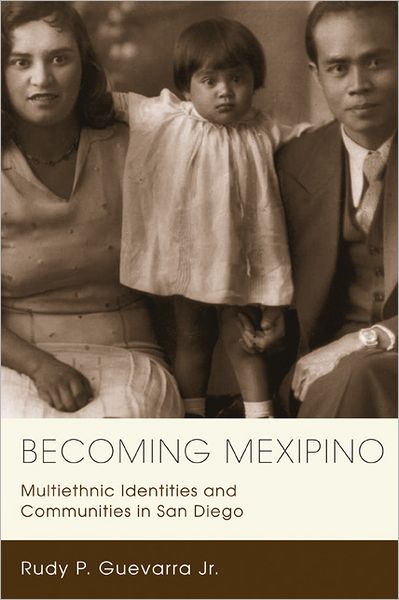Rosario Dawson and the Ambiguous Blackness of LatinidadPosted in Anthropology, Articles, Communications/Media Studies, Latino Studies, Literary/Artistic Criticism, Media Archive, United States, Women on 2012-08-11 20:34Z by Steven |
Rosario Dawson and the Ambiguous Blackness of Latinidad
antenna
2012-08-05
As has become abundantly clear to me over the course of my research, in the context of contemporary popular U.S. racial discourse, one is either Latina/o or Black, not both. Moreover, we see this phenomenon replicated in U.S. cinema, where characters played by Afro-Latina/o actors are racialized as Hispanic or African American and, usually, nothing in between. Actors like Christina Milian (who is of Afro-Cuban descent) and Zoë Saldana (who is of Dominican heritage) have dark enough skin that casting them as African American seems appropriate, if not the only option. While Michelle Rodriguez (who is of mixed Latino and Dominican descent), who can better embody a generic Latina look (Clara Rodriguez 1997), can easily play a Chicana from Los Angeles primarily based on her lighter (read: whiter) skin tone. Relying on dominant conceptions of racialization to construct a racial understanding of racially mixed and ambiguous actors, casting agents are often motivated by racialized casting practices (Kristen Warner 2010)…
Read the entire article here.



